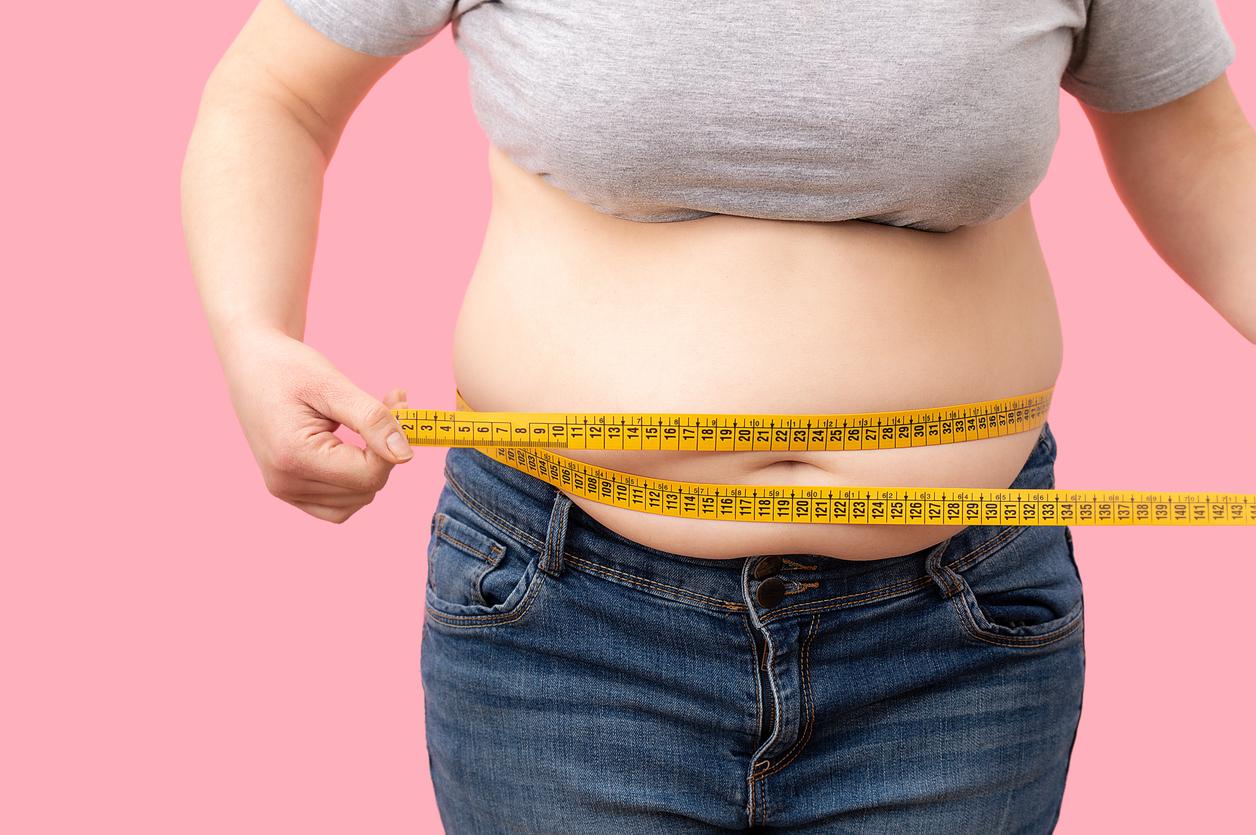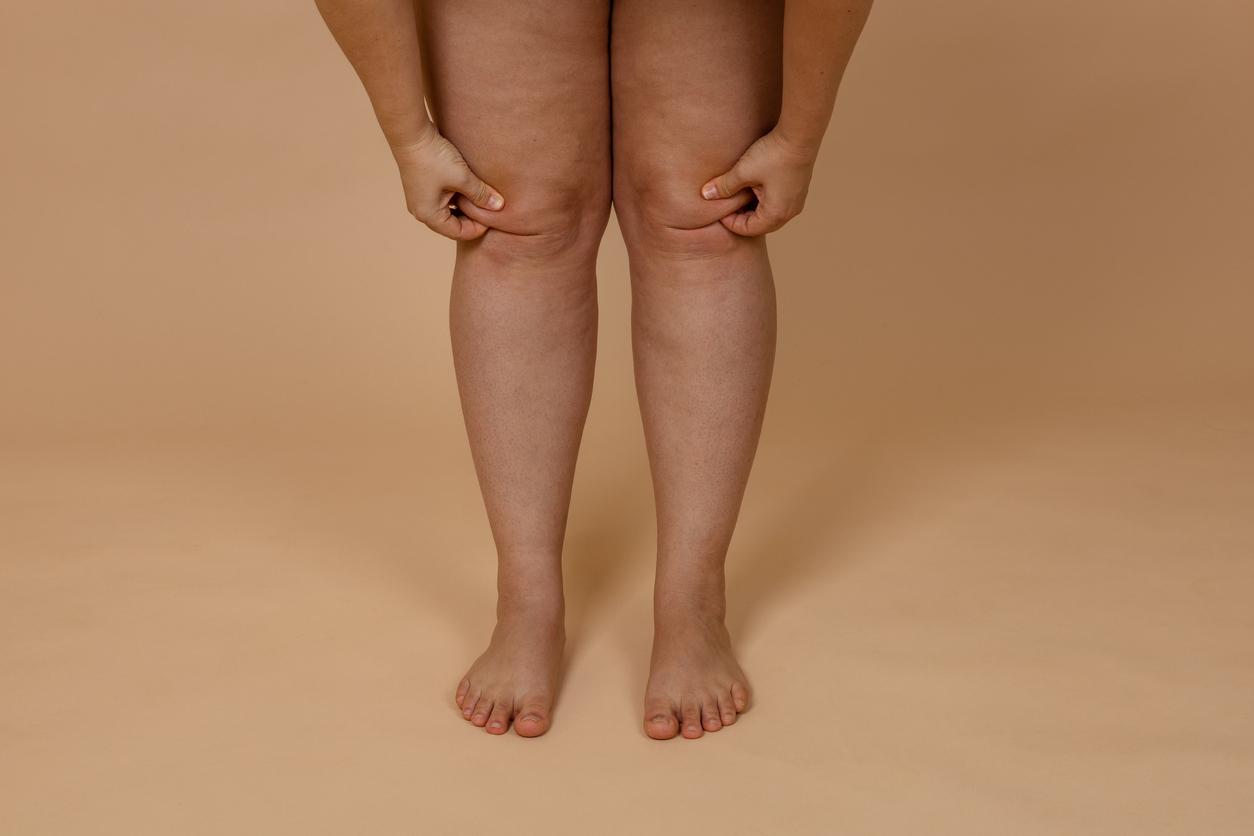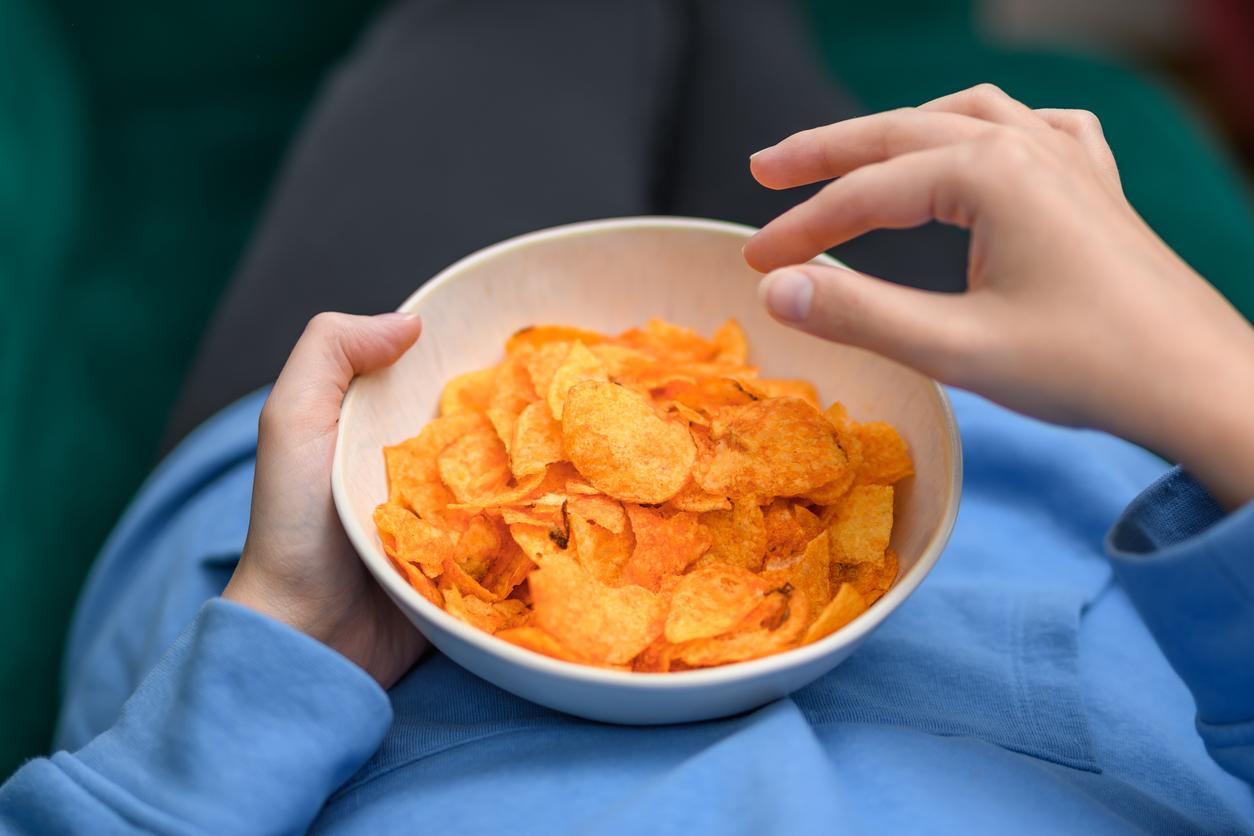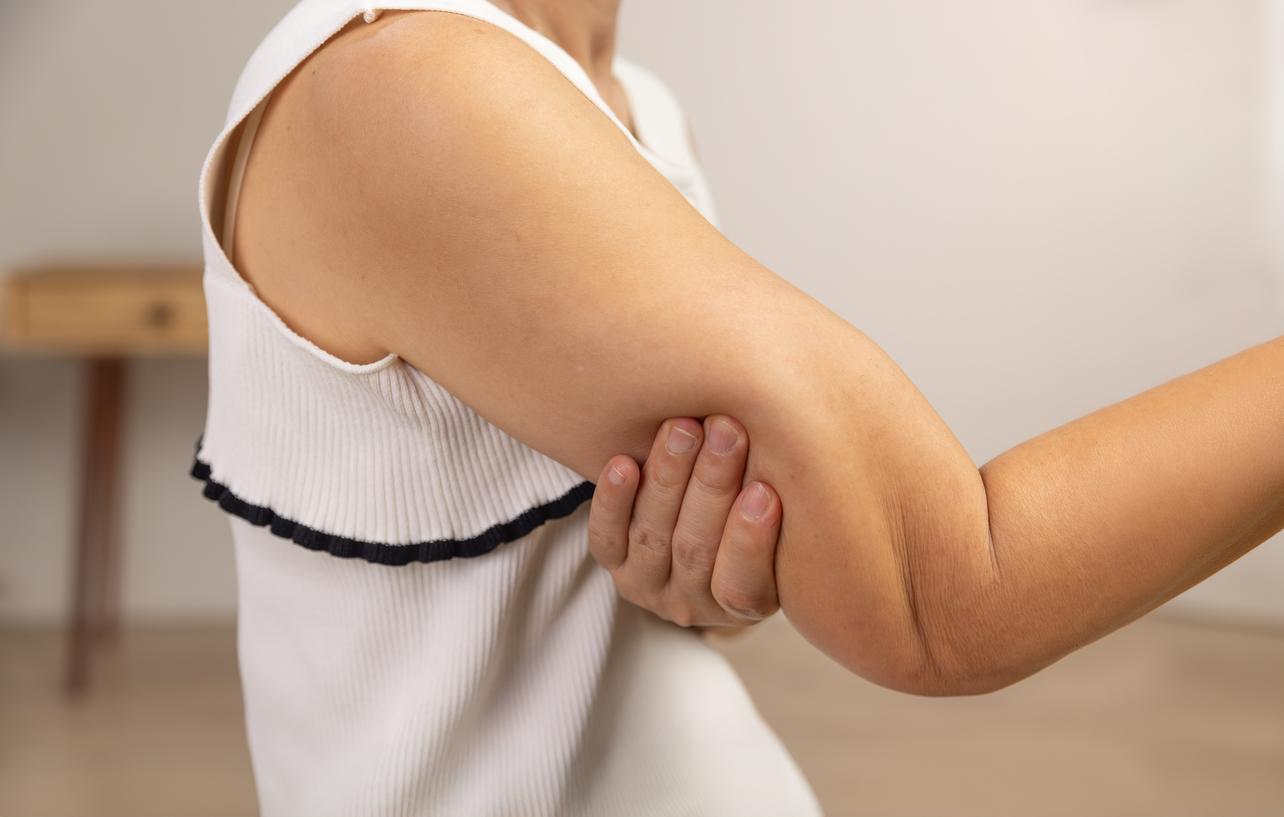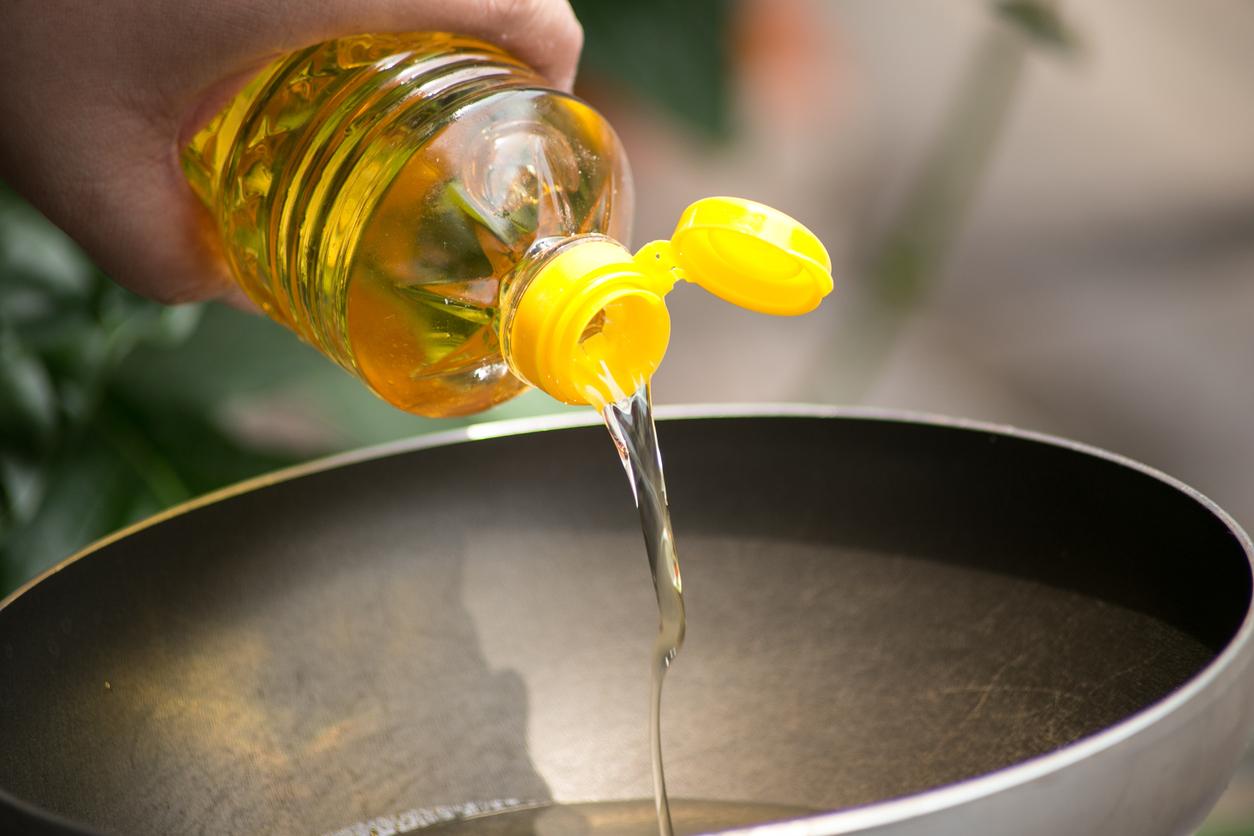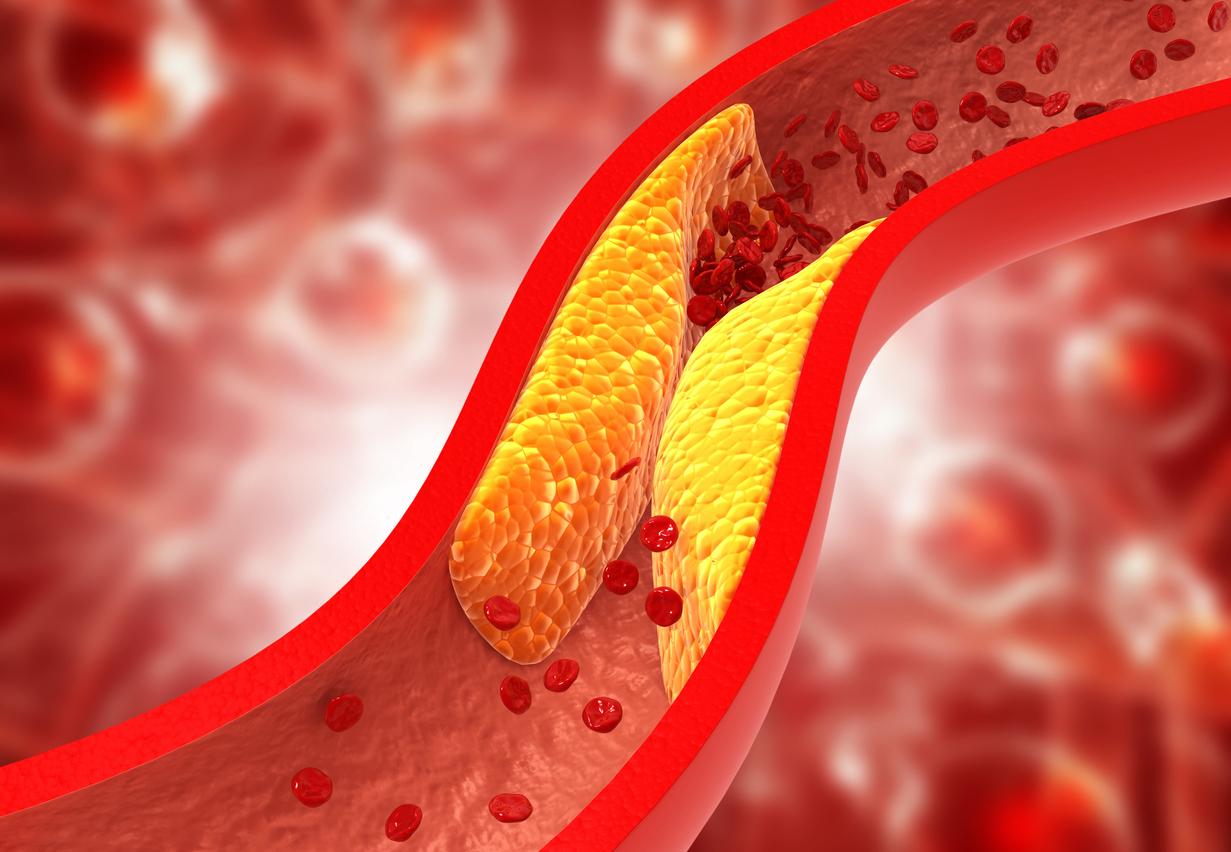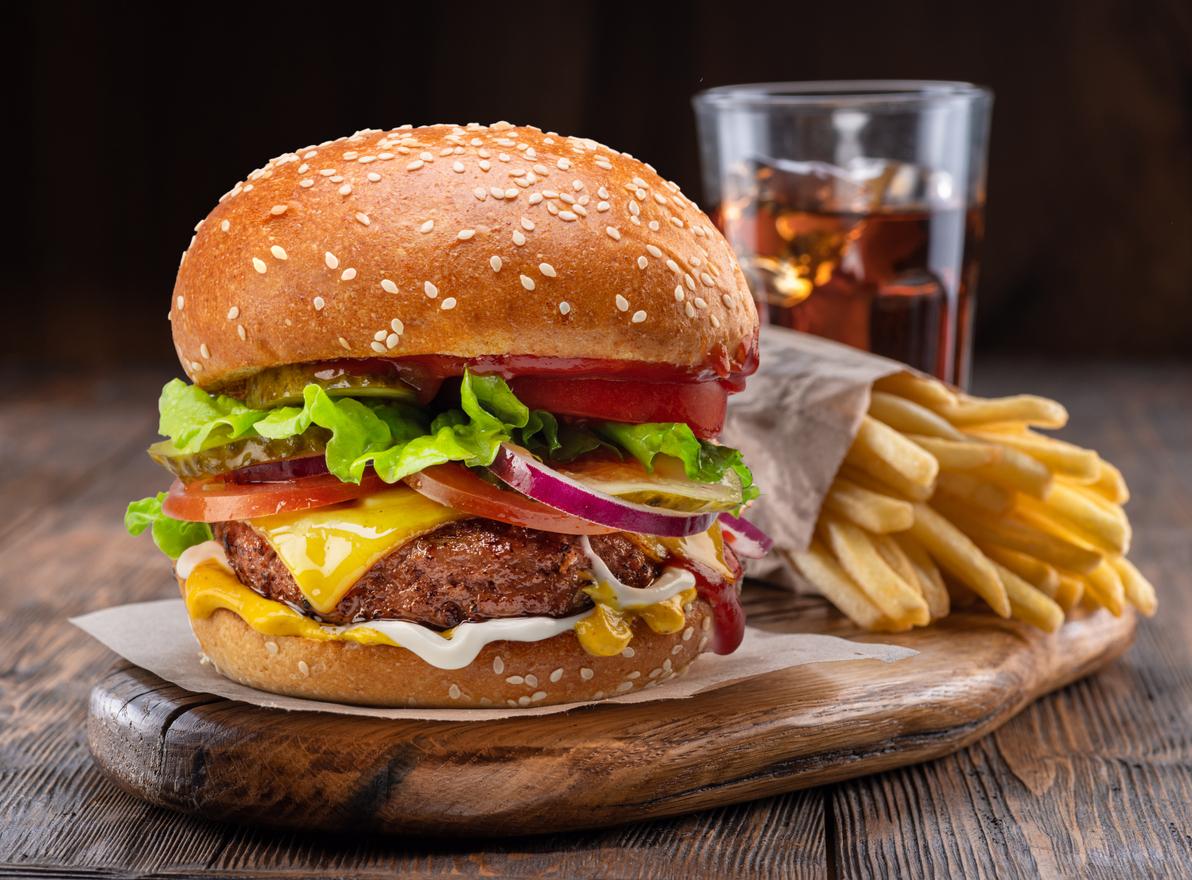Regain self-confidence
Does your daughter spend hours looking at herself in a mirror? This is normal: she is trying to familiarize herself with her new body. But the difference between the model she would like to look like and the reality is not easy to accept. She can react in two ways: seeking to control her body, by dieting, or disdaining it by camouflaging it or letting it grow fat. And then, her metamorphosis makes her more desirable, even though she is not psychologically ready for it. This causes a certain malaise responsible for dietary restrictions that can go as far as anorexia or bulimia. Because, unconsciously, weight gain is also a way to “protect” against its forms.
In addition, a mother often experiences the onset of menopause at this time, a period conducive to extra pounds. Hearing her complain about her weight is difficult for a young girl who, for her part, has trouble accepting her curves. It is therefore necessary to reassure her, because she could be tempted to embark on unnecessary diets, even dangerous.
Listen to him
Even if your daughter is not coated, listen to her, because her comments about her weight may indicate discomfort. Be available and remind her that these changes are normal: our grandmothers spoke of the “ungrateful age” and they were right. The hormonal upheaval enhances the silhouette. The hips develop, the buttocks and thighs round, the breasts are formed. At 15 or 16 years old, the young girl’s body is in full “upheaval” and her weight gain is maximum. But, at 20, if she has a balanced diet, she will refine without special efforts. This is a completely normal development. Knowing that these changes are temporary will reassure her.
Give her reasons to love herself
You can be fulfilled and attractive, with her uniqueness and her strengths, which are not limited to a number on a scale or a bra size. To hear that she is beautiful will do her good, especially if it comes from her father. When you doubt yourself, compliments are reassuring. Teach her to take care of her, to apply makeup and to style her hair, so that she accepts her physique better.
Good benchmarks and balanced meals
She finds herself too wrapped up and complains about it, but is she really? To get to the bottom of it, make way for the numbers! Refer to his health record to check if his weight curve is normal or not. You can also calculate their body mass index (BMI), by dividing their weight (in pounds) by their height (in meters) squared. Then compare with the values shown in the health record. If they do not appear there (they have only been compulsory since 1997), a consultation will make it possible to take stock and to play down the situation.
A diversified diet
During growth, the diet must be diversified and abundant, in order to avoid fatigue and deficiencies. The teenager must eat everything, even foods supposed to “make you fat” – but in less quantity – because frustration leads to excess. The ideal meal: a third of starchy foods (or bread), a third of meat (or fish or eggs), milk and a piece of fruit.
If she prefers a pizza, she can balance her meal with a salad and a piece of fruit. Check that she is no longer hungry when she leaves the table. If not, you can supplement the meal with fruit. To fight against snacking and avoid temptations, try to limit stocks, even if everyone has their own reserves. Also make sure that meals are eaten at regular times, without TV. And, rather than talking about diet, offer him walks, gym sessions (why not two). Physical activity will bring you together and allow everyone to take care of their body.
Avoid small reflections
“Do not eat too much”, “You have gained two kilos, it shows …” Let us beware of these murderous sentences. Even in the second degree, they can have devastating effects. Ditto for the pikes of brothers or sisters. Put a stop to it quickly: you will thus avoid many dramas and disputes. And your teen will understand that you are supporting her. Too strict supervision may also have the opposite effect from that sought. There is no point in repeating to her: “Do not take pasta again”, “You saw what you have on your plate” … It is the surest way to encourage her to nibble in secret.
Our expert: Dr Dominique-Adèle Cassuto, nutritionist, author with Sophie Guillou of “My daughter is too round, How to help him?”, Ed. Albin Michel, 2005, € 8.










